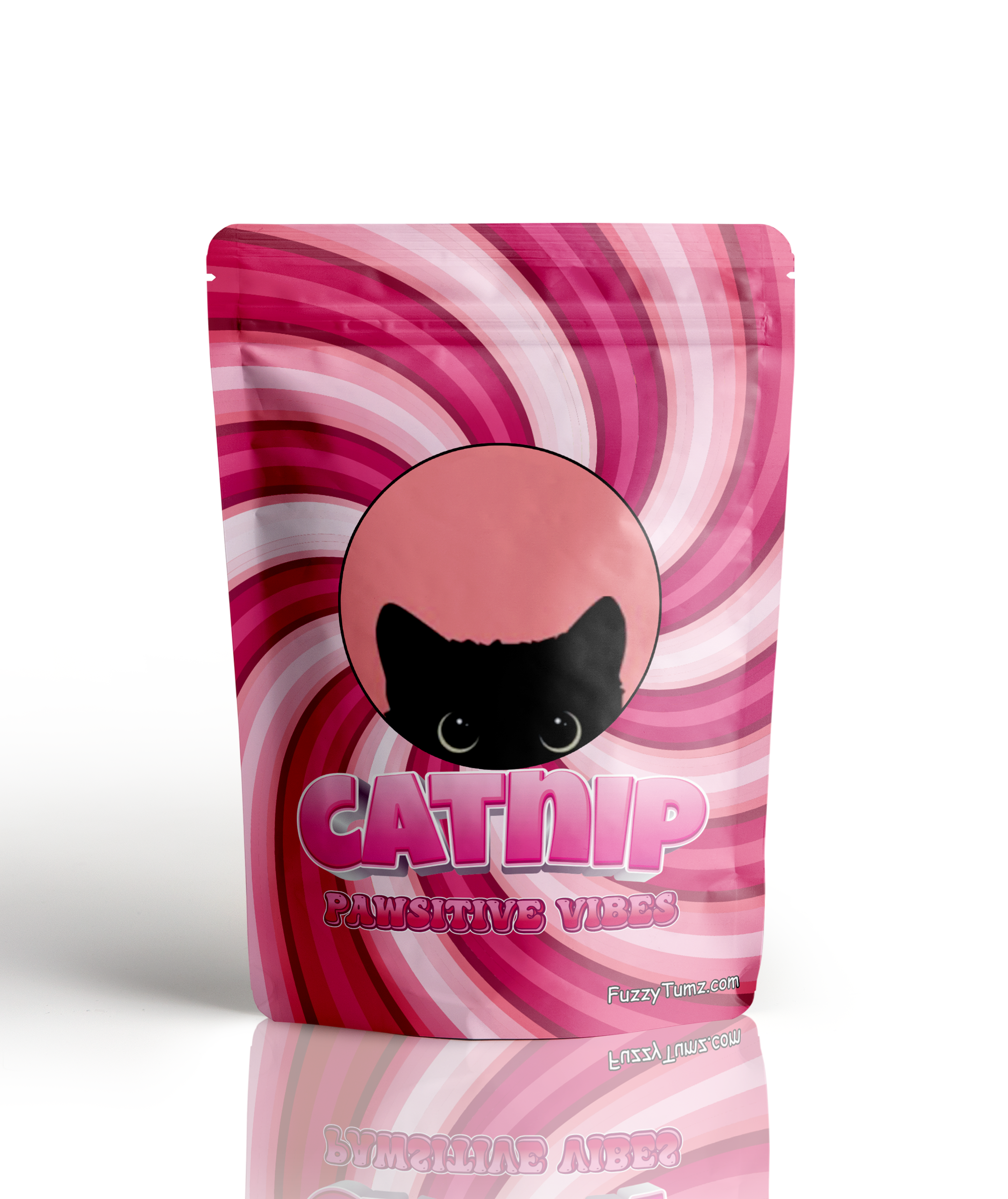Home » Cat Plants » Does the Common Privet Plant Pose a Threat to Cats?

Common privet (Ligustrum vulgare) is a flowering shrub commonly used for hedges and landscaping. Unfortunately, privet contains compounds called terpenoid glycosides that are toxic to cats.
Privet is considered mildly poisonous and can cause irritation and digestive issues if ingested by cats. The leaves and berries are the most toxic parts. Privet is widely cultivated and can be found in many gardens, parks, and along fences or property borders.
Ingestion may cause mild gastrointestinal upset, but is generally not life-threatening.
Ingestion can result in mild symptoms like vomiting, diarrhea, or drooling. Rarely fatal but may require veterinary care.
Eating these plants can lead to more pronounced symptoms like abdominal pain, lethargy, or difficulty breathing. Veterinary intervention may be necessary.
Ingesting even small amounts can cause severe symptoms like organ damage, seizures, or cardiac failure without rapid treatment.
All parts of these plants are extremely poisonous to cats and can quickly lead to death, even with immediate veterinary care.
** Please note: Please note that toxicity level can vary based on the amount ingested and the specific cat. It's always best to keep these plants completely inaccessible to cats and seek immediate veterinary care or call the poison hotline if you suspect your cat has ingested any part of a toxic plant.
If a cat ingests privet leaves or berries, it may experience the following symptoms:
If you suspect your cat has ingested privet, contact your veterinarian immediately. Provide them with a sample of the plant for identification if possible. Your vet will likely:

A: Yes, cats can be allergic to Common Privet. Symptoms of an allergic reaction may include itching, sneezing, and skin irritation.
A: Yes, Common Privet is toxic to cats. Ingesting any part of this plant can cause symptoms such as vomiting, diarrhea, and drooling.
A: Symptoms of Common Privet poisoning in cats include vomiting, diarrhea, excessive drooling, and abdominal pain. In severe cases, it can cause difficulty breathing and coordination problems. Immediate veterinary care is recommended if ingestion is suspected.
A: To prevent contact, ensure that Common Privet is not present in your home or garden. Keep your cat indoors or monitor outdoor activities closely to avoid exposure.
A: If your cat ingests Common Privet, contact your veterinarian immediately. Do not induce vomiting unless instructed by a veterinary professional. Immediate medical attention is necessary.
A: Yes, Common Privet is commonly found in gardens and as an ornamental hedge plant. It is important to ensure this plant is kept out of reach of cats to prevent accidental ingestion.
Privet is native to Europe, North Africa and parts of Asia. It was introduced to North America in the 1700s as an ornamental shrub and for hedges.
Since then, some privet species have escaped cultivation and become invasive in parts of the U.S., outcompeting native vegetation. Despite this, privet continues to be a popular landscaping plant.
Please note: The information shared in this post is for informational purposes only and should not be considered as veterinary medical advice.
